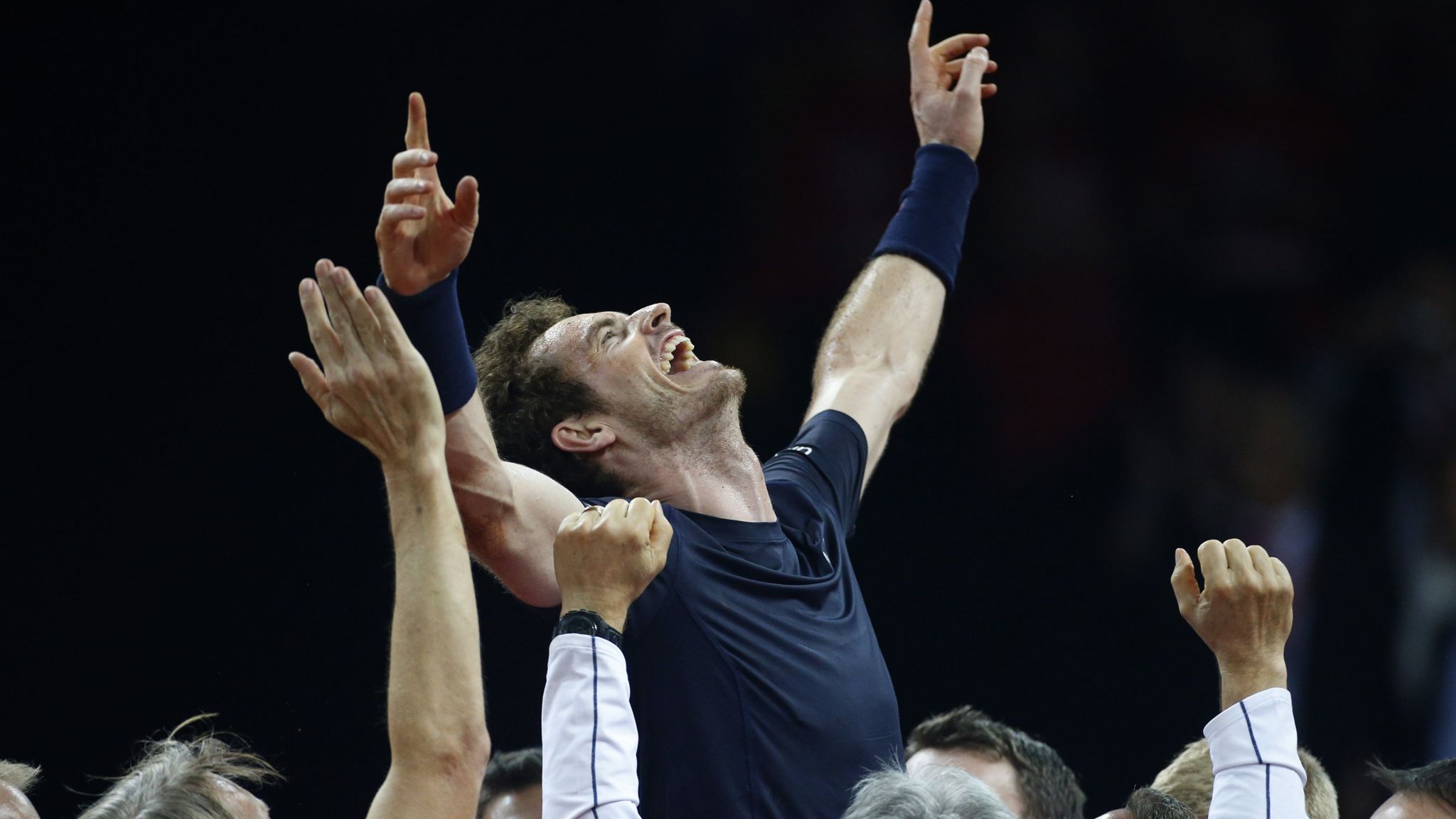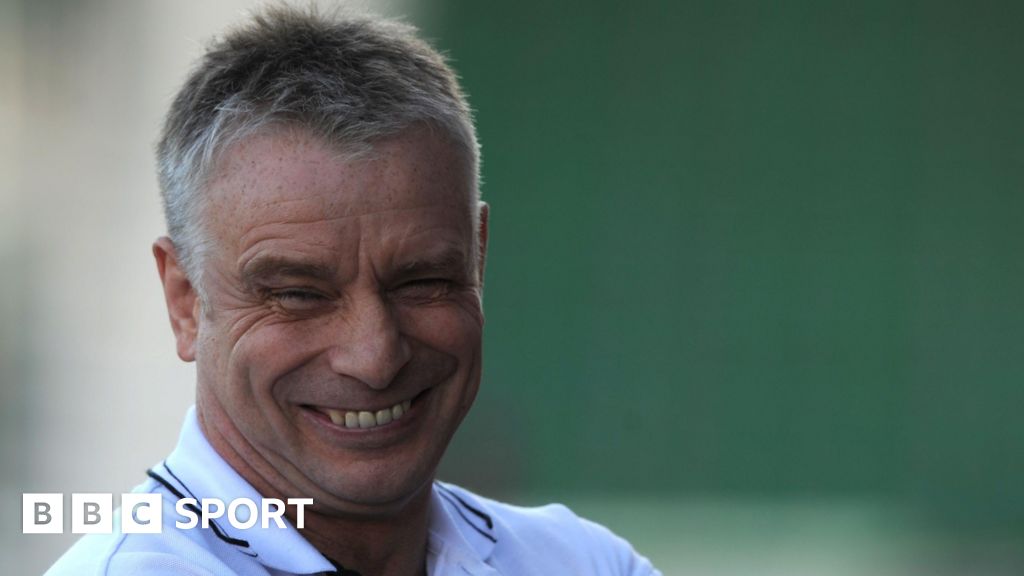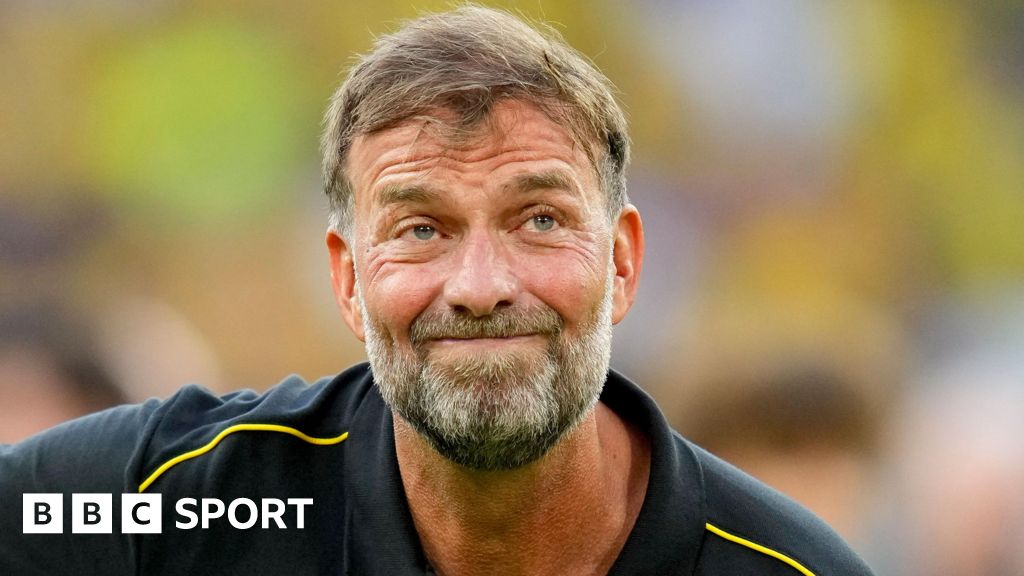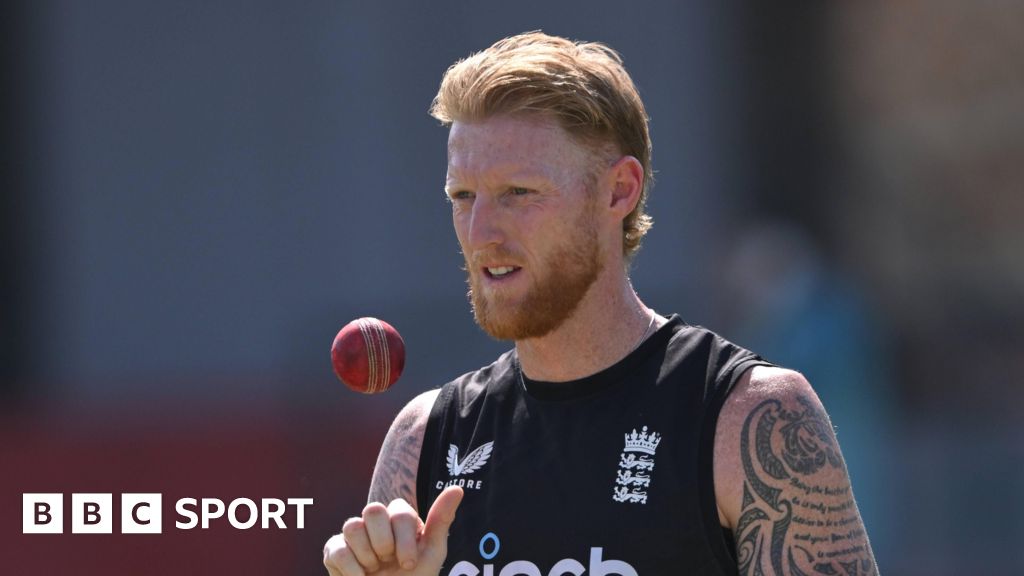ARTICLE AD BOX
 Image source, Getty Images
Image source, Getty Images
When Great Britain won the Davis Cup in 2015, Andy Murray secured 11 of their 12 points - in singles and doubles - across four matches
What is Andy Murray really like?
It is a question I am frequently asked.
Driven, passionate, emotional, resilient and potty-mouthed are all adjectives regular Murray watchers could turn to.
Mischievous, funny, loyal, polite and indecisive are words I would add, having been lucky enough to develop a professional relationship with him over the past 11 years.
As I travelled home from Wimbledon one autumn afternoon, a message flashed up on the screen in my car.
It was from Murray's long-time agent Matt Gentry, informing me Andy had just contacted him to say I had cut him up on a slip road on to the A3.
I am still (well, 95%) sure I had not - and was only too aware of his sense of humour - but my pulse still quickened a little when I turned off the A3 and was followed for the next 20 minutes by an expensive-looking car.
I never got a clear look at the driver's face as he was a lot lower to the ground than I was, but the journey home became more relaxing once the car in question had turned left.
I got off much more lightly than Britain's Davis Cup winner Dom Inglot, who was dropped in it from a great height by Murray when he suggested, in a live television interview, that Inglot had met a new woman while in Glasgow on national duty. A frantic call home reassured his then partner that Andy was just being Andy.
Wimbledon tribute - The best moments of Andy Murray
As an interviewee, Murray has almost always been polite, patient and generous with his time - and very good value. I can count on one hand the number of times he turned me down for an interview, and one of those occasions was after the 2016 Australian Open final against Novak Djokovic. He went straight from the Rod Laver Arena to the airport to catch the last flight of the night, as wife Kim was at home, heavily pregnant with their first child.
Murray is often shivering when I interview him - a recent plunge in the ice bath tends to do that to you. But it shows character to do a (non-mandatory) radio interview after a Grand Slam final or semi-final defeat, of which Murray suffered a few.
As with all marquee names, there was sometimes tension in the air as the post-match media round approached - especially, I remember, at Melbourne Park following one of his frequent semi-final victories. Commitments would be honoured in the early hours of the morning, but everyone was very conscious of the clock ticking down to the Sunday final.
Murray is invariably good copy, as we like to say. He has been steadfast in his criticism of those who break doping rules and in his support for equal pay and female coaches - once describing the level of sexism in sport as "unreal".
His strong opinions are, though, expressed diplomatically. And on occasions, when time allowed and microphones were off, he was happy to expand on his thoughts in confidence.
There were differences of opinion - and the odd falling-out - with the British tennis media. Following his late withdrawal and subsequent hasty exit from the 2018 Brisbane International, Murray was unhappy about some of what was written in the absence of any formal explanation.
A slightly surreal off-the-record, clear-the-air session followed on speaker phone a week or so later - but only after he had briefed us from his Melbourne hospital bed about the hip operation he had undergone earlier that day.
Watch the best bits from Andy Murray's emotional interview on Centre Court
Murray truly loves tennis and cares about the progress of other British players. He was the guy who would watch streams of Challenger matches on his laptop, and I vividly remember him sitting in a draughty stand late one night at the 2016 Australian Open to watch Dan Evans in qualifying.
At that same tournament, at 1am on the morning of the singles final against Djokovic, Murray appeared in the Rod Laver Arena players' box to take photos and videos of his brother Jamie, who had just won his first Grand Slam men's doubles title.
It is amazing to think he made it this far, given his right hip handed in its notice seven years ago. He was still world number one then, and even though his thirties have been dogged by injury, just think of the extra memories he is leaving us with.
Winning the 2019 European Open in Antwerp with a metal hip; playing mixed doubles with Serena Williams at Wimbledon; an epic singles match against Thanasi Kokkinakis that lasted until 4:05am at the Australian Open. All after having survived what he billed as probable retirement in Melbourne in 2019.
"I wouldn't be so sure," was coach Ivan Lendl’s take after that emotional news conference. He knew his man very well.
Lendl showed no emotion when rising stress levels got the better of Murray on the court. The way he verbally abused his team during matches was, frankly, appalling. He was not proud of it and tried, unsuccessfully, to change his ways.
Image source, Getty Images
Image caption,Andy Murray thought his career was about to end going into the 2019 Australian Open but a hip resurfacing operation allowed him to play for another five years
When I began this job, Murray was already an Olympic, US Open and Wimbledon champion - but the story was only half-told.
My favourite memories are of the man who won all 11 matches he played as Britain won the Davis Cup for the first time in 79 years.
There was the pivotal Sunday singles against France's Gilles Simon in the quarter-finals at Queen's. Murray found himself a set, a break and break point down, sinking to his knees in exhaustion after losing one 35-stroke rally. He was in floods of tears by the end as he helped Britain into the semi-finals for the first time in 34 years.
Having given very serious thought to pulling out of the lucrative ATP Finals to prioritise clay-court practice for the final, he secured the cup for his country with a victory over David Goffin, courtesy of that now famous top-spin lob.
He was in Belgrade the following July to support, rather than play, for his country in a tie with Serbia. This was just a week after he had won Wimbledon, in what turned out to be arguably the greatest year of his career.
A second Olympic gold followed in Rio a month later and he would win his last 24 matches of the season to become world number one for the first time.
Heady days which all too quickly turned sour - but he was at least able to make a last Wimbledon appearance this year, albeit in doubles rather than singles, and appear for his final tournament at the Paris Olympics alongside Dan Evans.
What a body of work, and what a mark Murray has made on British life, as well as British sport.
A version of this piece was first published on 6 July 2024.

 2 months ago
15
2 months ago
15








 English (US)
English (US)